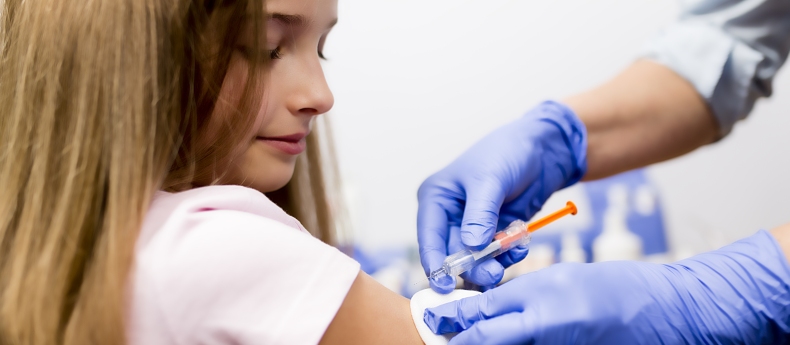
BJU Vaccination FAQ
Does BJU (or any UFH facility) use imported vaccines or Chinese?
We use both imported and Chinese produced vaccines.
What is the difference between the two?
No matter if it is imported or Chinese produced, the vaccines that UFH uses are certain to be safe and effective. Some of the Chinese vaccines contain the same strain as the imported products; others may not. The 2010 Chinese Pharmacopedia standard is identical to the international standards. Because of the vast population, certain Chinese produced vaccines are tested in a much bigger population group for efficacy and safety (eg. H1N1 vaccine).
Can’t I get the same vaccines in China for me and my children that we would get abroad?
For the vaccines to be registered in China, they have to undergo clinical tests and be approved by the State Food and Drug Administration. This process takes several years; hence some of the newer vaccines that are available abroad may not be available in China (for example Pneumococcal 13, HPV/Gardasil vaccines).
I understand that at BJU vaccines for diseases such as measles, varicella, and other common diseases are now all domestic. Are they the same quality as those you had before?
Before deciding on the brand switch, we must review the safety and efficacy data from published articles, discuss with Center for Disease Control (CDC) officials to ensure the quality, and invite the manufacturer’s product specialist to present the data here at Beijing United Family Hospital. In addition, a team including a pharmacist, infectious disease specialist and several doctors will visit the factory to inspect the manufacturing process.
After the switch, we will intensely monitor any adverse reactions and communicate closely with the local CDC and doctors. BJU stands by the quality of all vaccines dispensed by our pharmacy.
Aren’t foreign imported vaccines safer?
It used to be that local Chinese vaccine manufacturing techniques may have lagged. However in recent years, there have been significant improvements and upgrades of manufacturing practices. Now, the Chinese State Food and Drug Administration (SFDA) mandates that each single batch of vaccine has to pass rigorous testing before being released into the market.
I have heard doctors say that I shouldn’t use Chinese vaccines if at all possible. Should I try to get vaccines abroad instead of in China?
We have used certain Chinese vaccines for over 10 years, for the example Bacillus Calmette–Guérin (BCG) vaccine for tuberculosis as well as our vaccine for Japanese Encephalitis (JE). They have all had great safety and efficacy profiles. Whether to get vaccines abroad is a personal decision.
Which vaccines are really necessary and which aren’t?
UFH facilities have a list of vaccines which are recommended for small children, for new residents in China and for travelers. Your doctor will need to discuss with you and decide which vaccines are necessary.
Do all UFH facilities have the same vaccines, or are there some differences, say between Beijing and Tianjin?
Most vaccines used across UFH facilities are the same brand. Occasionally, it may be different because of the limitations from the local CDC supplier.
I heard that I can get imported vaccines at other foreign hospitals and clinics, so why can’t I get them at Beijing United Family?
By regulations, the vaccines provided in UFH have to be registered by the Chinese SFDA and supplied by the CDC. This is to protect our patients by ensuring the safety of the products, with completely safe cold chain during transport and storage.
If I wanted more information on vaccines, to whom should I talk?
For the vaccine brands and availabilities, you can call our pharmacy at tel: (010) 5927 7052.
For clinical questions on vaccines, you can call your primary healthcare provider.
Is there a website or other place I can go for the latest information on vaccines?
UFH site (this site), the CDC website, and the World Health Organization (WHO) websites are all good places to go for latest information on vaccines.
Edited by the United Family Healthcare Pharmacy Department – August 2012
Copyright United Family Healthcare 2014 All right reserved - 京卫网审[2014]第1927号 - 京ICP备13017554号-4




